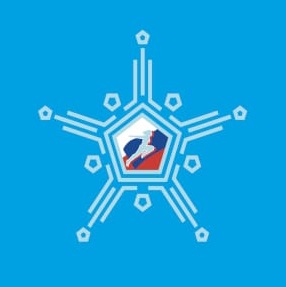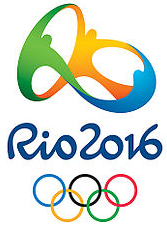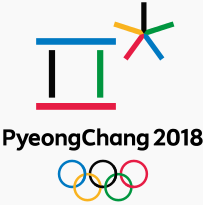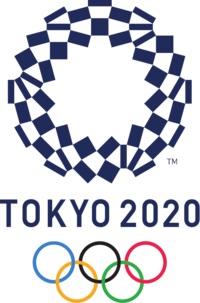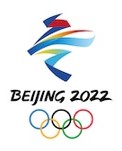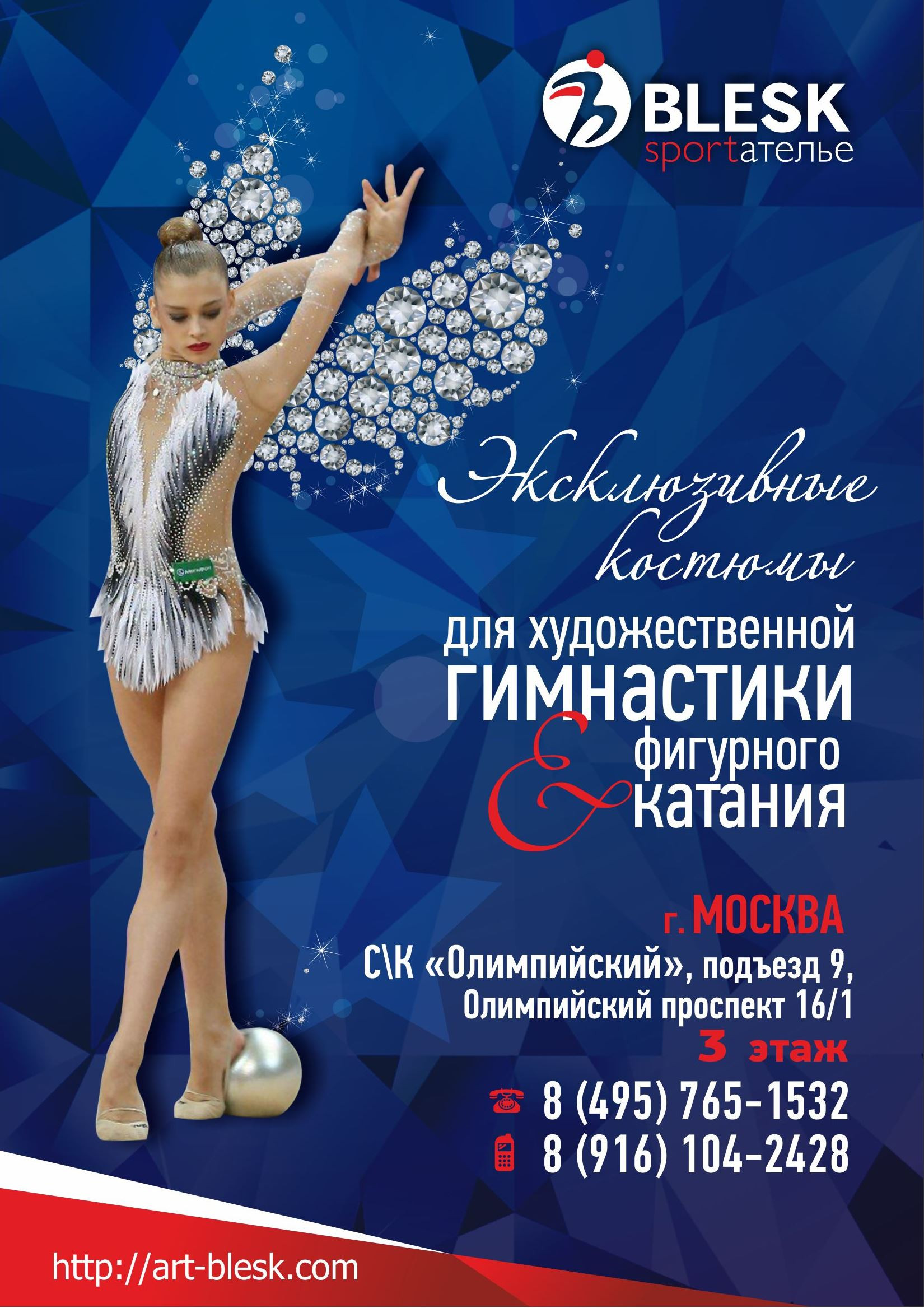
| НАШИ ПРЕДЛОЖЕНИЯ | НАША ИСТОРИЯ | НАША КОМАНДА | НАШИ ПРОЕКТЫ | НАШИ ПАРТНЁРЫ | НАШИ КОНТАКТЫ |
ATHLETICS. Yelena Slesarenko: the most important medal of mine is already at home
The Olympic champion of the Athens-2004 in High Jump Yelena Slesarenko can hardly call her 2007 season particularly successful. Her victory over the season leader, Croat Blanka Vlasic, in the first "Golden League" stage in Oslo on June, 6 still remains the highest point of her season. At the World Championships in Osaka Slesarenko was only the fourth. Prior to the start of the fourth "Golden League" stage in Zurich the athlete gave a preliminary summary of her season in the interview for the special correspondent of the Agency of sport information "All Sport" Natalya Maryanchik.- Yelena, in Zurich everyone is talking about the new super-surface in the sector, which seems as if it was especially created for high results. How did this novelty seem to you?
- I only flew to Zurich yesterday morning, slept well, and was hardly in the stadium. The day before that I did a good warm-up in Zhukovskiy, and in Zurich I generally planned a rest day, but decided to go down to the stadium and move around a bit. My manager has already described the super-technologies to me, but so far I’ve only run a little in my spikes, and light jumping. I hope the surface will help me in the competition.
- You left Osaka with the last group, since the women’s high jump final had been on the last day of the world championships. Have you been able to recover?
- It’s been pretty difficult for me so far. The problem is that I want to go to sleep very early. Normally I don’t go to bed any earlier than 12 p.m., now I’m simply wiped out by 10. And even the weather in Zurich seems frosty now, compared with Osaka. But it seems to be clearing up today, and if the temperature this evening is at least in the 20 degree range, it will be completely normal.
- Eight of the best high jumpers from Osaka came to Zurich in full strength. Would you say this is an outstanding chance for revenge?
- It’s absolutely all the same to me, who else participates in the competition. The main is for me to do well myself. I have no thoughts whatsoever about revenge, and simply want to jump competently, with the correct technique. My technique has been a little off recently. I don’t extend vertically; I open my arms early and have to "correct" myself in midair. My trainer gave me clear instructions on what to focus my attention, and I’ll try to carry them out. If I manage to jump 2.00 m, I’ll be satisfied.
- In your view, what’s the secret of Blanka Vlasic, who appears practically invincible this season?
- Vlasic doesn’t have any secrets. All athletes have peaks and valleys. Blanka waited for a long time for her hour, and now it has begun. But if we look at the results of the women’s high jump over the last several years, there hasn’t been any single sportswoman who has been able to hold high shape for two years in a row. Recall, there was the strong South African athlete Hestrie Cloete, there was Kajsa Bergqvist, and this winter Tia Hellebaut beat everyone. Even Lena Slesarenko was once really quite strong, and it seems like this will never end. There is nothing terrible, it is just necessary to keep working.
- By the end of the season will Vlasic be able to beat Stefka Kostadinova’s 2.09 m world record, which has already stood for 20 years?
- I doubt it. We now all just arrived from Asia, from the east, and I think the overall level of results will fall somewhat because of the acclimatization issue. Only five days ago we jumped in the final of the world championships. It will take a couple of tournaments to adapt. But if it’s possible for Blanka to hold the same level, it would be simply wonderful.
- Undoubtedly in five days you’ve analyzed your performance in Osaka in detail. What wasn’t quite right there?
- I decided to put everything down to bad luck. Well, probably I didn’t get enough rest while training, and on the day of the final my feet were heavy. But by and large, my physical shape was good. If I’d jumped 2.03 on the first attempt like I should have, everything would be entirely different. Or even if I’d cleared 2.03 with the third, I nevertheless feel that it could have changed everything. But it came out as it came out; I didn’t make my jumps and ended up the fourth. It didn’t go my way, as so often happens in sport.
- Many are blaming the failures on the problems with acclimatization, and in particular, on the final training camp in Vladivostok.
- I was only in Vladivostok one day. It was proposed that I depart on August, 15, but this wasn’t suitable for me since my final was on September, 2 and the 15th was neither here nor there. There were no tickets to Vladivostok on later dates. So I initially trained at home in Volgograd, but we shifted the hours to start adapting to Osaka. Then on August, 20 I departed for Khabarovsk, stayed there a few days, flew to Vladivostok, and finally on August, 27 I got to Osaka with the last group. Certainly, if there had been direct tickets I wouldn’t have made the detour through Khabarovsk.
- Did these problems significantly affect your overall condition?
- I didn’t have any serious problems, and felt pretty good in Japan. I trained in Volgograd for almost two months under outstanding conditions. But certainly the decision to take the whole team to Vladivostok was a mistake. Still, one issue is the difference in the time; there are five hours difference from Moscow to Osaka, and seven hours to Vladivostok. I don’t see the point of chasing the team hither and yon. In my view, it was worthwhile to either fly into Japan earlier or to find some city in Russia in the same time zone as Osaka.
- Rumor has it that the living conditions in Vladivostok were not the best. - Like I said, I was just in Vladivostok one day, and this was a rest day for me; therefore my opinion is based more on stories from my friends. But let’s just say that when I flew into Vladivostok there was nobody waiting for me. The senior team coach for the jumps, Anton Nazarov, said that I should go to the hotel "Amurskiy Zaliv", but when I arrived they told me – you needed a different hotel. And how did I know where to go: where they said I should be? Thanks to the people who led me there, everything was settled quickly and, of course it wasn’t a big deal, but I still had the impression that not everything was fine and dandy. Well, initially there was very scant nourishment, and I know the guys were upset. But when they learned we had a 200 ruble per-diem for food, they immediately stopped complaining. On this money they were very well fed.
- How did the acting chief coach, Valentin Maslakov, seem to you in Osaka?
- Since I arrived in the last group, I wasn’t there for the first overall team meeting, and was late for the last one because I was going through doping-control. I can’t say anything, because I know almost nothing. In the opinions of many of the guys it became easier for them, because there weren’t such rigid controls as Valery Kulichenko imposed. Now everything was somehow more democratic and relaxed. And yet I didn’t notice anyone not working to honestly fulfill their functions.
- Was Osaka a good lesson before Beijing-2008?
- Certainly. Indeed it’s impossible to say: I rested two months, arrived at the world championships, came out badly, and so now my life is over. I accomplished very extensive work, and now I want to realize it at my remaining commercial starts. After the completion of the "Golden League" in Berlin at the end of the next week, I’ll go to the tournament in Shanghai. Furthermore I’d like to get acquainted with China; to have a look at the people there; to get a general understanding about this place on the map. Before the Olympic Games in Athens we also drove to Greece for the training session. For the moment the most important medal of mine is already at home. It remains to confirm it and to try to reach new heights.
